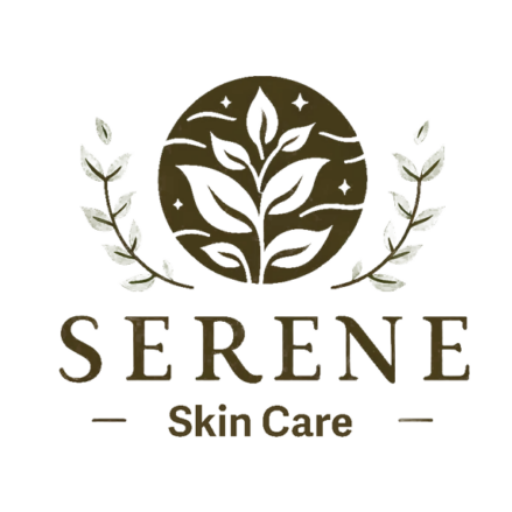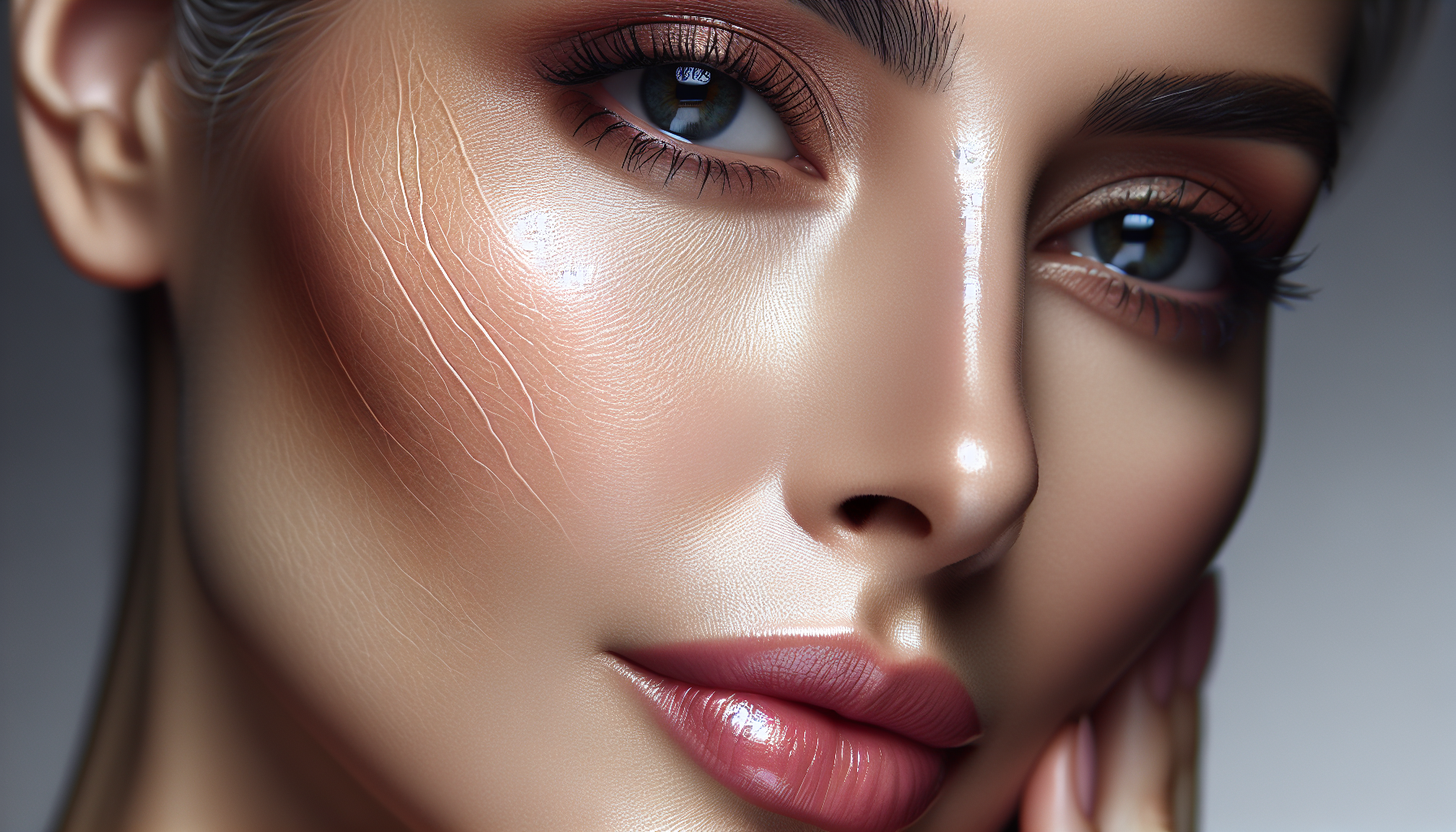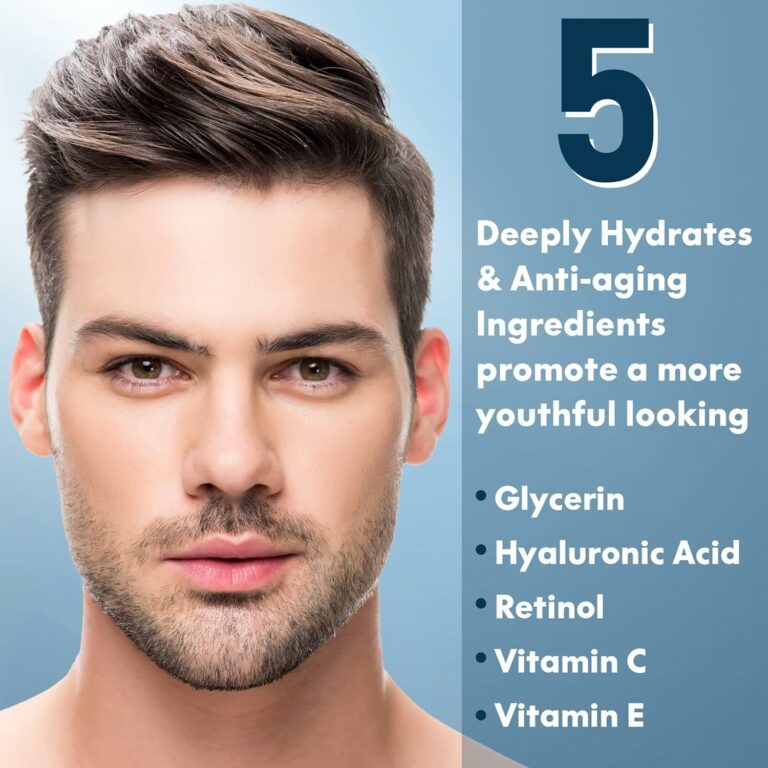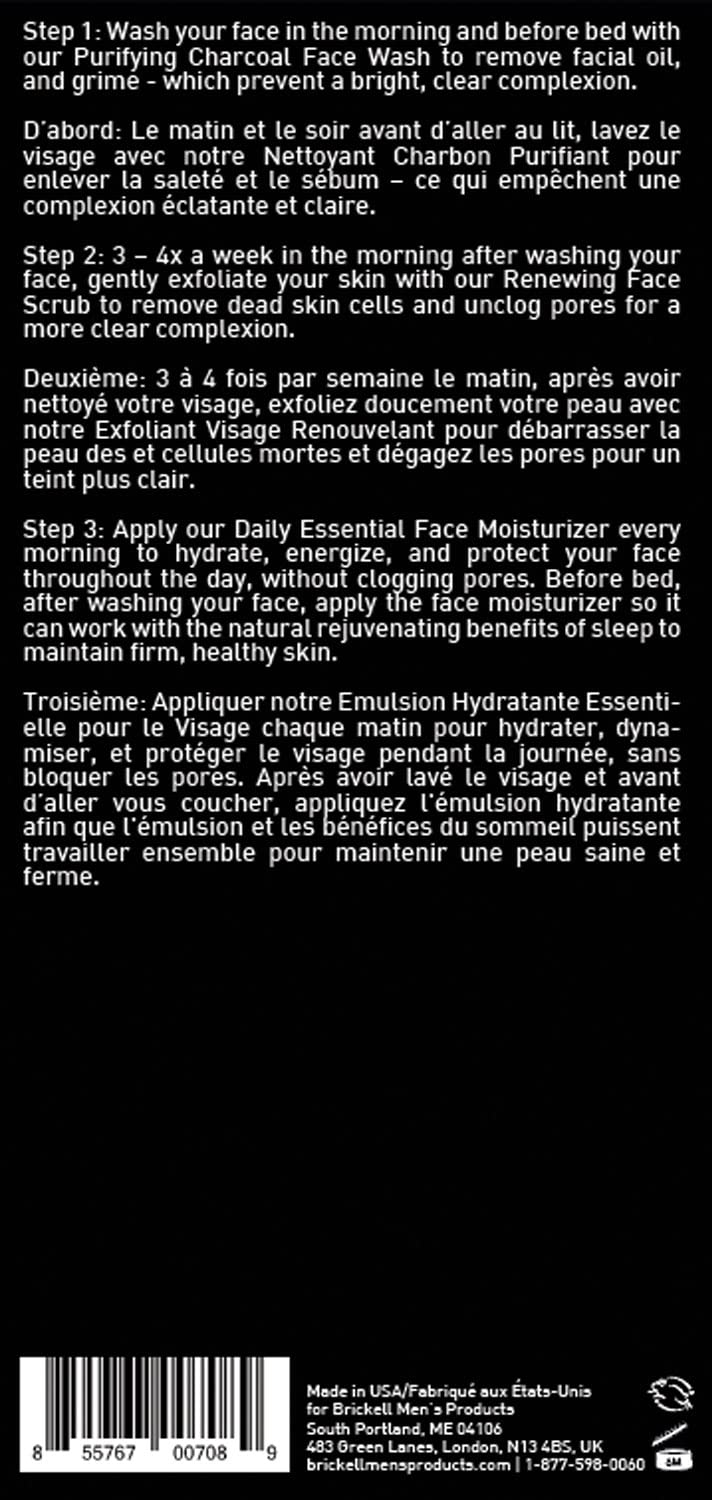Peptide therapies have become increasingly popular in the skincare industry due to their numerous benefits. These innovative treatments utilize peptide molecules, which are short chains of amino acids, to address various skin concerns and promote overall skin health. From reducing wrinkles and fine lines to improving skin texture and enhancing collagen production, peptide therapies offer a range of advantages for achieving a vibrant and youthful complexion. In this article, we will explore the different benefits of peptide therapies in skincare and their potential to revolutionize the way we care for our skin.
Introduction
Peptide therapies have gained significant attention in the world of skincare for their numerous benefits. These therapies involve the use of peptides, which are short chains of amino acids, in topical skincare products. Peptides play a crucial role in maintaining the health and appearance of the skin, making them a popular choice in skincare routines. In this article, we will explore what peptide therapies are, how they work in skincare, their key benefits, different types of peptides used, incorporating them into your skincare routine, potential side effects and precautions, and the importance of professional guidance in peptide therapy.
1. What are Peptide Therapies?
Peptide therapies involve the use of peptides, which are small chains of amino acids, in skincare products. Amino acids are the building blocks of proteins, and peptides are formed when these amino acids combine. These peptides can have various functions in the body, including cell signaling, cell communication, and stimulating collagen production. In skincare, peptides are used to target specific skin concerns and improve the overall health and appearance of the skin.
2. How Peptide Therapies Work in Skincare
Peptide therapies work by stimulating the production of collagen, a protein that provides structural support to the skin. As we age, the production of collagen in our skin decreases, leading to the formation of wrinkles, fine lines, and sagging skin. Peptides can help combat these signs of aging by signaling to the skin cells to produce more collagen. By increasing collagen production, peptide therapies promote skin firmness, elasticity, and overall youthfulness.
In addition to stimulating collagen production, peptides also have the ability to penetrate the deeper layers of the skin. This enables them to deliver their beneficial effects directly to the target areas, such as reducing wrinkles, improving skin hydration, and enhancing the skin barrier function. Peptides work in synergy with other ingredients in skincare products to provide comprehensive and effective results.
3. Key Benefits of Peptide Therapies in Skincare
3.1 Stimulates Collagen Production
One of the key benefits of peptide therapies in skincare is their ability to stimulate collagen production. Collagen is essential for maintaining the structural integrity and youthfulness of the skin. By promoting collagen synthesis, peptides help improve skin firmness, reduce the appearance of wrinkles, and enhance overall skin health.
3.2 Reduces Wrinkles and Fine Lines
Peptide therapies are particularly effective in reducing wrinkles and fine lines. As peptides stimulate collagen production, they help plump up the skin, making it appear smoother and more youthful. By targeting the root cause of wrinkles, peptides provide long-lasting results, making them a valuable addition to any skincare routine.
3.3 Enhances Skin Hydration
Another significant benefit of peptide therapies is their ability to enhance skin hydration. Peptides have the ability to attract moisture and lock it into the skin, promoting hydration from within. This helps improve the skin’s moisture barrier, leading to a softer, suppler, and more hydrated complexion.
3.4 Improves Skin Elasticity
Loss of skin elasticity is a common sign of aging. Peptides help improve skin elasticity by stimulating the production of elastin, a protein responsible for maintaining the skin’s elasticity and tightness. With regular use of peptide therapies, the skin becomes more firm and resilient, reducing the appearance of sagging and drooping skin.
3.5 Boosts Skin Firmness
Peptides play a crucial role in boosting skin firmness. They work by increasing collagen production and improving skin elasticity, resulting in a tighter, more toned complexion. Firm and plump skin gives a more youthful appearance and helps minimize the signs of aging.
3.6 Lightens Dark Spots
Dark spots, also known as hyperpigmentation, can be a concern for many individuals. Peptides have been found to have brightening properties, helping to reduce the appearance of dark spots and even out skin tone. By regulating melanin production, peptides contribute to a more even and radiant complexion.
3.7 Reduces Inflammation and Redness
Peptide therapies have anti-inflammatory properties that can help reduce redness and inflammation in the skin. Whether caused by environmental factors, acne, or skin conditions like rosacea, peptides can soothe the skin, minimize redness, and promote a calmer complexion.
3.8 Enhances Skin Barrier Function
The skin barrier acts as a protective shield, preventing moisture loss and protecting against external aggressors. Peptides help strengthen and repair the skin barrier, making it more resilient and better able to retain moisture. This leads to improved skin health and a reduction in skin sensitivity.
3.9 Accelerates Wound Healing
Peptides have been shown to accelerate wound healing by promoting collagen synthesis and regulating inflammation. Whether it’s a minor cut, a blemish, or a more significant injury, peptides can help speed up the healing process and minimize the risk of scarring.
3.10 Anti-Aging Effects
Overall, one of the most significant benefits of peptide therapies in skincare is their anti-aging effects. By targeting multiple signs of aging, such as wrinkles, loss of elasticity, and dullness, peptides help restore a youthful appearance to the skin. The comprehensive range of benefits offered by peptide therapies makes them a valuable addition to any skincare routine.
4. Different Types of Peptides Used in Skincare
There are several types of peptides used in skincare, each with its own unique properties and benefits. Some of the most commonly used peptides include:
-
Copper Peptides: These peptides have antioxidant and anti-inflammatory properties and can help improve wound healing and stimulate collagen production.
-
Hexapeptides: These peptides are known for their ability to reduce the appearance of wrinkles and fine lines.
-
Palmitoyl Oligopeptides: These peptides help stimulate collagen production, improve skin firmness, and reduce the appearance of wrinkles.
-
Tripeptides: Tripeptides have been found to have hydrating properties, helping to improve skin moisture and elasticity.
Different peptides may be used in combination or as individual ingredients in skincare products, depending on the desired outcomes and the specific needs of the individual.
5. How to Incorporate Peptide Therapies into Your Skincare Routine
Incorporating peptide therapies into your skincare routine is relatively simple. Look for skincare products specifically formulated with peptides, such as serums, moisturizers, or targeted treatments. These products can be applied to cleansed skin both morning and evening, following the instructions provided by the manufacturer.
Start by cleansing your face thoroughly, removing any dirt, makeup, or impurities. Apply a small amount of the peptide-containing product to your face and gently massage it into the skin using upward circular motions. Pay particular attention to areas of concern, such as wrinkles or dark spots.
Allow the product to absorb fully before applying any additional skincare products, such as sunscreen or makeup. For optimal results, it is recommended to use peptide therapies consistently over an extended period.
6. Potential Side Effects and Precautions
While peptide therapies are generally considered safe for most individuals, there are some potential side effects and precautions to be aware of. In rare cases, individuals may experience skin irritation, redness, or allergic reactions when using products containing peptides. It is essential to patch test the product on a small area of skin before applying it to the entire face to check for any adverse reactions.
If any irritation or discomfort occurs, discontinue use immediately and consult a dermatologist or healthcare professional. It is also important to read and follow the instructions provided by the manufacturer and avoid using excessive amounts of peptides or combining them with incompatible skincare ingredients.
7. Importance of Professional Guidance in Peptide Therapy
While peptide therapies can offer numerous benefits, it is essential to seek professional guidance before incorporating them into your skincare routine, especially if you have specific skin concerns or medical conditions. A dermatologist or skincare specialist can help evaluate your skin’s needs and recommend the most suitable peptide products or treatments.
Professional guidance is particularly crucial when it comes to selecting the right type of peptides for your skin concerns, determining the appropriate concentration, and ensuring compatibility with other skincare ingredients. Additionally, professional guidance can help monitor your skin’s response to peptide therapies and make necessary adjustments to your skincare routine for optimal results.
8. Conclusion
In conclusion, peptide therapies have become increasingly popular in skincare due to their numerous benefits. These therapies, which involve the use of peptides, can effectively stimulate collagen production, reduce wrinkles and fine lines, enhance skin hydration, improve elasticity and firmness, lighten dark spots, reduce inflammation, and enhance the skin barrier function. There are different types of peptides used in skincare, each offering its own unique properties and benefits. When incorporating peptide therapies into your skincare routine, it is crucial to follow professional guidance and take necessary precautions to minimize potential side effects. By understanding the power of peptide therapies and incorporating them into a well-rounded skincare routine, individuals can enjoy the remarkable benefits they offer and achieve healthier, more youthful-looking skin.






